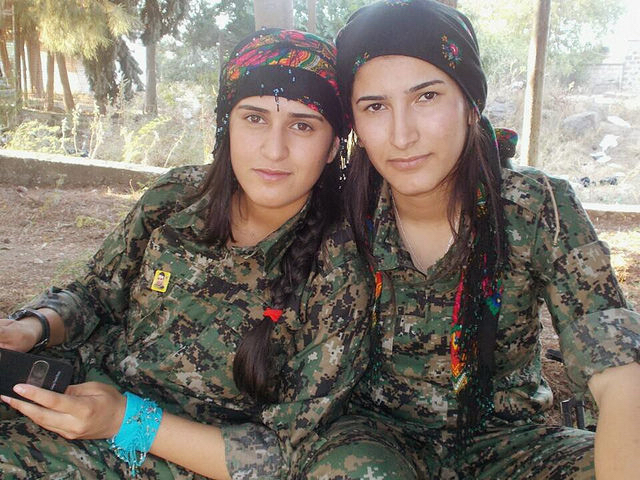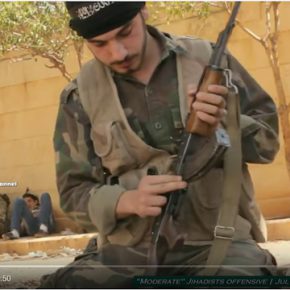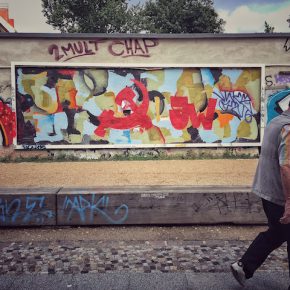The Turks had, they think, 15,000 men and 32 guns. Their position was twelve miles long and most elaborately entrenched and wired with all the German devices, and rested on a marsh at either end.
We had about 10,000 men of all arms and 25 or 27 guns, seven of them on river boats, I think. Townshend’s attack was as follows. He made all his reconnaissances and preparations as for an attack on their right flank, and on Monday, the 27th, he deployed a brigade, A. on that side of the river, leaving only two battalions, B. on the right bank, and keeping two battalions in reserve, C. For various reasons this attack had made very little progress by sunset and was last seen digging itself in.
Then as soon as it got dark almost the whole of A. together with the reserve C. was ordered to march round to the enemy’s left flank and attack Fort E. at dawn. So they moved off, intending to go between Marsh 1 and Marsh 2; but in the dark they went round outside Marsh 2, and at dawn after a twelve mile march found themselves at G. They completely surprised and quickly captured Fort E. and the section E. and F., their casualties here being mainly from our own artillery, as was inevitable. But they were enfiladed from F. and had to reform and dig themselves in on a front parallel with the river, and send for artillery support.
Meanwhile, the skeleton left on our left flank and the force B. were pressing a frontal attack, supported by the guns: and by the afternoon the outflanking force A. was able to resume its advance, which it was keen to finish as the men were very tired and had run out of water. But just then the whole Turkish reserve turned up on their right front and flank, having been hurried back from the right flank to which our feint had drawn them, across the bridge D. whence they deployed in crescent formation.
https://www.youtube.com/watch?v=578QUM35duA
Apparently, this new danger had a very bracing effect on the thirsty ones; it is a rash man that stands between T.A. and his drink. They went straight for the centre of the crescent, as far as I can make out, with the Turkish reserves on their front and flanks and the Turkish firing line in their rear. This was where most of the casualties occurred, but after a stiff fight, the Turks broke and ran, and there was a tremendous crush at the bridge D., where they started shooting each other freely.
Meanwhile, the Turkish commander announced that he had received a telegram from the Sultan requiring the immediate presence of himself and army at Constantinople: so the firing line took the hint and started for the new alignment by the shortest route. However, as everybody’s great idea was to put the river between himself and the enemy he’d been facing, two streams met at the bridge D. and there were further scenes. By this time it was dark, and our troops were utterly exhausted, so nothing more was done for the moment.
Our casualties were 85 killed and 1,158 wounded, an extraordinary proportion. We haven’t had any reliable information of the enemy’s losses yet. But we took about 1,300 prisoners.
If I said that this war means the denying of Christianity I ought to have explained myself more. That phrase is so often used loosely that people don’t stop to think exactly what they mean.
https://www.youtube.com/watch?v=6rxDiTCI51M
If the Germans deliberately brought about the war to aggrandise themselves, as I believe they did, that was a denial of Christianity, i.e. a deliberate rejection of Christian principles and disobedience to Christ’s teaching. It makes no difference in that case that it was a national and not an individual act. But once the initiating evil was done, it involved the consequence, as evil always does, of leaving other nations only a choice of evils.
In this case, the choice for England was between seeing Belgium and France crushed, and war. In choosing war, I can’t admit there was any denial of Christianity, and I don’t think you can point to any text, however literally you press the interpretation, which will bear a contrary construction.
Take “Resist not him that doeth evil” as literally as you like, in its context. It obviously refers to an individual resisting a wrong committed against himself, and the moral basis of the doctrine seems to me twofold: (1) As regards yourself, self-denial, loving your enemies, etc., is the divine law for the soul; (2) as regards the wronger nothing is so likely to better him as your unselfish behaviour. The doctrine plainly does not refer to wrongs committed in your presence against others.
https://www.youtube.com/watch?v=xl6-TdRLIBw
Our Lord Himself overthrew the tables of the money-changers. And the moral basis of His resistance to evil here is equally clear if you tolerate evils committed against others: (1) your own morale and courage is lowered: it is shirking; (2) the wronger is merely encouraged. If I take A.’s coat and A. gives me his cloak also, I may be touched. But B.’s acquiescence in the proceeding cannot possibly touch me and only encourages me. Now the government of a country is nearly always in the position of B.
If I take A.’s coat and A. gives me his cloak also, I may be touched. But B.’s acquiescence in the proceeding cannot possibly touch me and only encourages me. Now the government of a country is nearly always in the position of B. not A., because a country is not an individual. In our case we were emphatically in the position of B; but I would justify the resistance of Belgium on the same grounds.
Of course, as I said last week, national standards can’t be as self-sacrificing as individual standards: and never can be until all the individuals in a nation are so Christian as to choose unanimously the self-sacrificing course. It is dreadful to think that we’ve all been denying our Christianity for a whole year and are likely to go on doing so for another. How our Lord’s heart must bleed for us!
Adapted from Letters From Mesopotamia, by Robert Palmer. Photograph courtesy of Kurdish Struggle. Published under a Creative Commons license.





